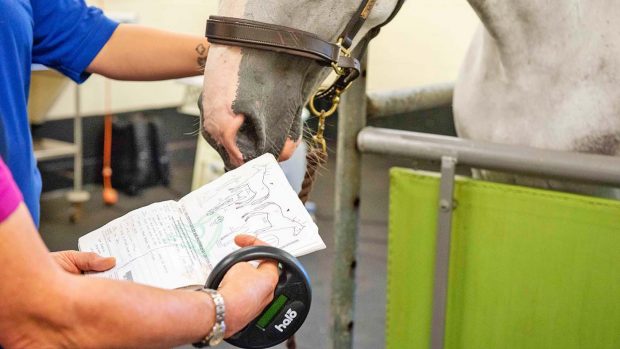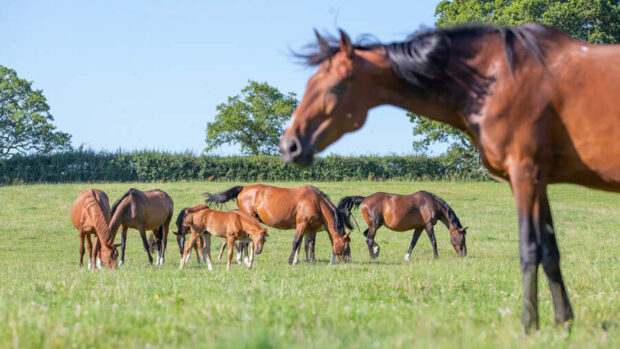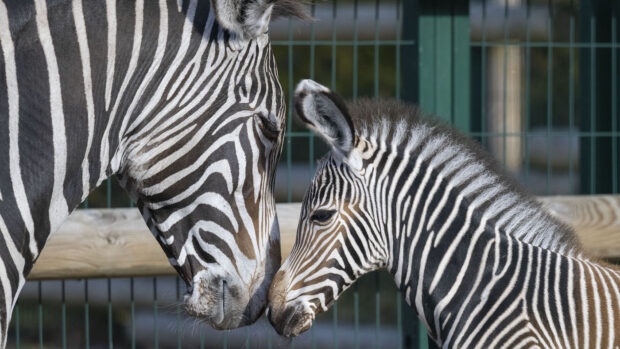Rearing your own young stock can be a gamble. Articles on young stock nutrition and the prevention of developmental problems are often conflicting, so the whole issue requires plenty of common sense.
Foals are usually weaned between five and sevenmonths. Weaning is traumatic and any major setbacks at that time can affect a foal for life.
The first year of life is a major growth period: about 95% of bone growth, 90% of height and 60% of adult weight are achieved by the time the foal is 12 months old, and growth rates are generally between 0.5-1kg a day.
Excess calories in the early stages of a youngster’s life will not result in a bigger, stronger adult, but rather a skeletally abnormal adult of normal height. Any rapid increase inbodyweight through overfeeding will stress young skeletal structures, so check joints for swelling from about three months onwards. The rule of thumb is a pound of feed per month of age going into the youngster’s first winter.
Mature height will only be affected if energy, protein and mineral levels are greatly restricted. Supply is of paramount importance during the first year of life. If compound feed intakes are low during this period, use a broad spectrum supplement to top up mineral and vitamin supplies.
As the horse goes into its second year, growth rate slows to between 250g-400g a day, muscle development continues and fat is laid down. Feed rates should reflect this – overfeeding means more fat and more weight to carry.
Fromspring onwards in its second year, a youngster should receive most of its nutrition from grass, and in its second winter you should be feeding about the same amount of hard feed as the first winter.
In year three, with most growth complete, horses can be moved from high-powered stud rations to lower energy feeds, but micronutrient levels must be maintained
Teething troubles
check teeth in growing horses – anything that affects how they process their food will affect their development.
Bone disorders
Metabolic bone disease is the umbrella term for epiphysitis, osteochondrosis and other growth problems related to a degenerative bone and cartilage condition sometimes accompanied by inflammation, and involving the weakening or splintering of cartilage. Most common in fast-growing Thoroughbred-type horses and warmbloods. Factors contributing to developmental bone disorders include:
- rapid growth
- excess energy in diet
- mineral imbalances in the diet, particularly calcium, phosphorus, zinc and copper
- restricted exercise or excessive forced exercise
- hereditary tendency



